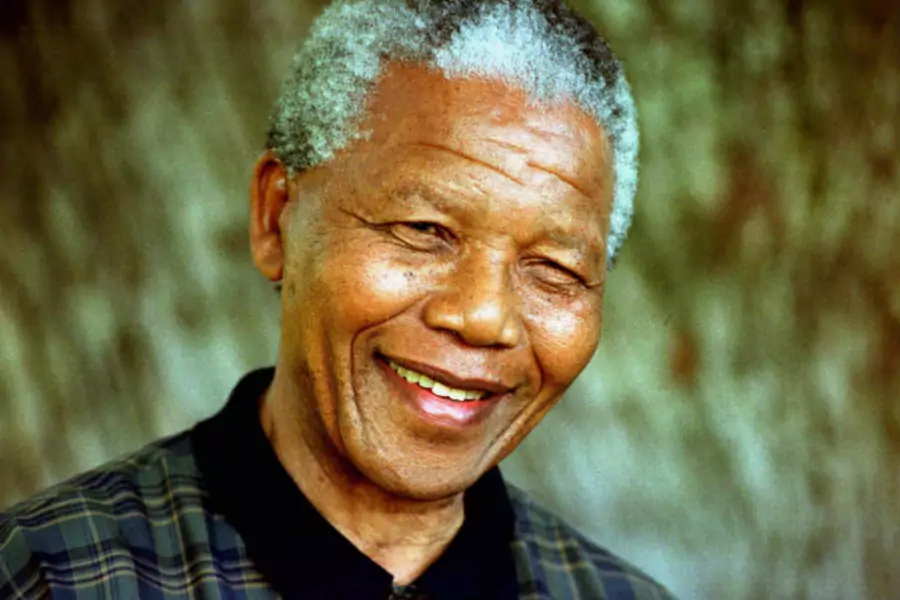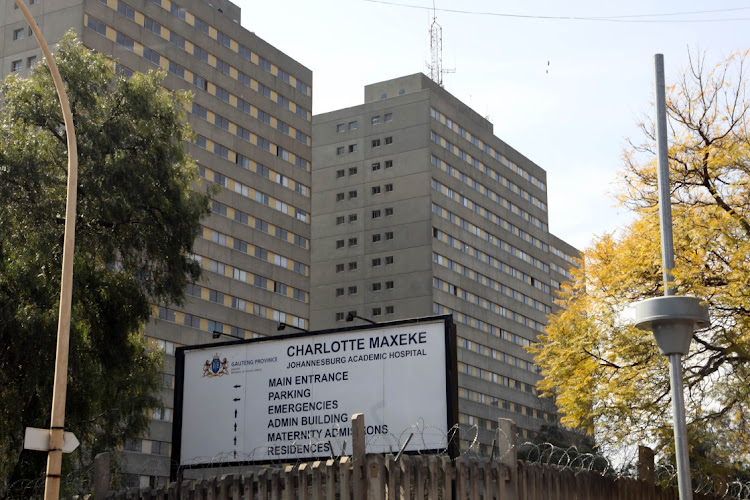JOHANNESBURG, South Africa — The planned auction of dozens of artefacts belonging to Nelson Mandela has been suspended pending a court application to completely halt it, the body that protects South Africa’s cultural heritage said Tuesday.
The online auction had been scheduled by New York-based Guernsey’s auction house on February 24, in conjunction with Dr Makaziwe Mandela, the eldest daughter of the anti-apartheid icon and South Africa’s first democratically elected president who died in 2013.
It had received widespread criticism from the public and the South African government, which is supporting a court application by the South African Heritage Resources Agency, or SAHRA, to appeal an earlier court judgment that gave the auction the go-ahead.
Items listed for the auction include Mandela’s iconic Ray-Ban sunglasses and “Madiba” shirts, personal letters he wrote from prison, as well as a blanket gifted to him by former U.S. President Barack Obama and his wife Michelle.
A champagne cooler that was a present from former U.S. President Bill Clinton was also on the list, with bidding for it starting at $24,000. Also among the items is Mandela’s “book” — his identification document following his 1993 release from prison.
On its website, Guernsey’s described the planned auction as “nothing short of remarkable,” and said that proceeds would be used for the building of the Mandela Memorial Garden in Qunu, the village where he is buried.
A note on the auctioneers’ website on Tuesday indicated that the auction had been suspended without providing any further details.
SAHRA said in statement that the suspension is a result of its engagement with Dr. Mandela and the auction house.
“SAHRA welcomes the decision by Guernsey’s Auction House to suspend the auction,” the agency said.
The agency is awaiting the outcome of an application for leave to appeal the decision by the North Gauteng High Court in Pretoria to let the auction go ahead, dismissing an interdict by the agency in December last year.
The agency argues that the items to be auctioned are the country’s cultural heritage artefacts and should be preserved for future generations instead of being sold to the highest bidder.
















